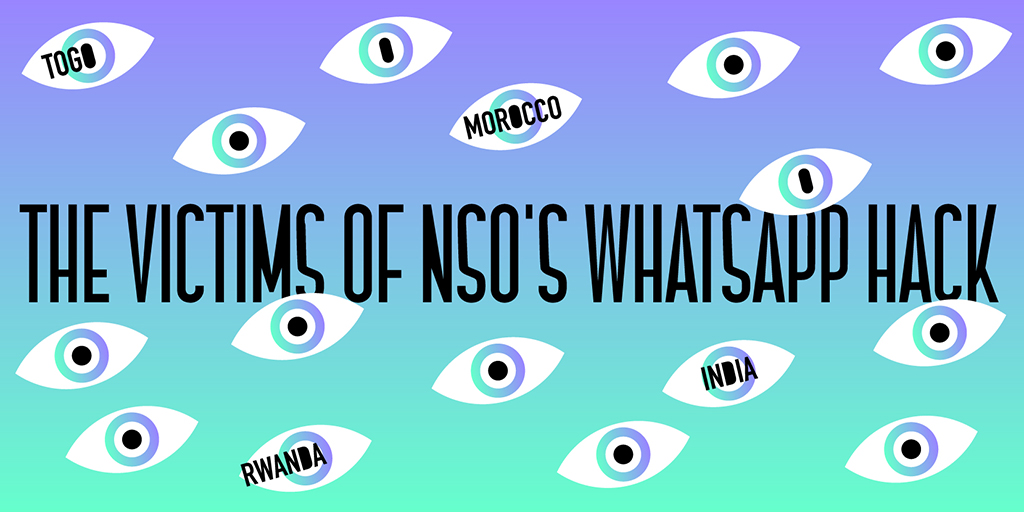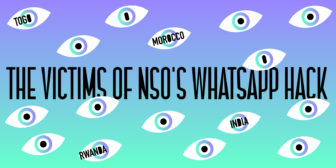Tag: NSO Group

Human rights organizations respond to NSO: victims’ voices will not be silenced
Access Now and seven other human rights organizations have filed a reply to NSO Group’s opposition to the coalition’s amicus brief in the case of WhatsApp v. NSO in the U.S. Federal 9th Circuit Court.

Rights groups join Facebook in lawsuit against Israeli NSO Group

Access Now tells the 9th Circuit Court: NSO Group cannot escape accountability in U.S. courts
Access Now and civil society partners join the WhatsApp v. NSO Group lawsuit by filing an amicus brief that discloses stories of those who survived the Pegasus spyware attack. The amici call for NSO to be held accountable for targeting civil society around the world.

Facebook Joined by Human Rights Groups to Fight Spyware Maker

Coalition of human rights groups joins suit against Israeli firm NSO

From India to Rwanda, the victims of NSO Group’s WhatsApp hacking speak out
Five human rights defenders who suffered from the NSO Group WhatsApp hack have stepped forward to tell their stories — sharing how their governments used NSO Group’s products to surveil them, and consequences they have faced as a result.

عامين على مقتل خاشقجي، لم تخضع حتى الآن شركة برامج التجسس ولا الحكومة السعودية للمساءلة

Two years after Khashoggi’s slaying, no accountability for spyware firm or Saudi government
Friday marks two years since Jamal Khashoggi, a Washington Post columnist and a prominent critic of the Saudi government, was brutally murdered after being surveilled using NSO Group technology. The company has yet to be held to account.

Francisco Partners-owned Sandvine profits from shutdowns and oppression in Belarus
Sandvine, a Canadian company owned by U.S. private equity firm Francisco Partners, supplied DPI technology that was likely used to implement internet shutdowns in Belarus.

Human rights organizations call to strengthen the European Commission position on dual-use recast
The letter calls on the Commission to enact strong uniform rules across the Union so that surveillance vendors are prevented from “licence shopping” among the states with weaker implementation of current export controls rules.